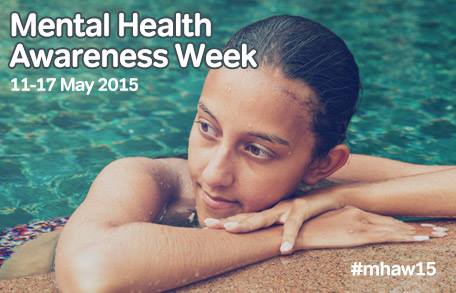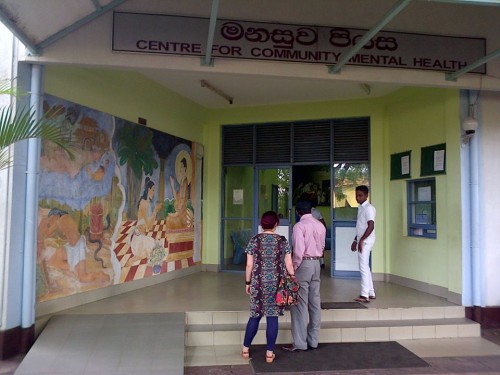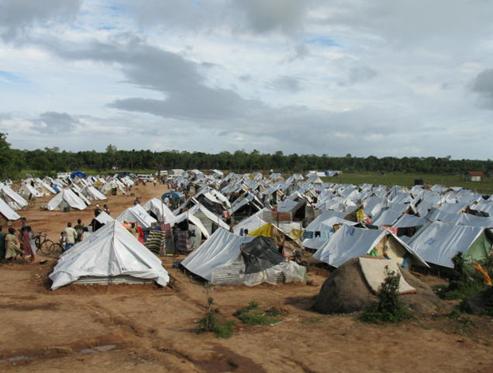13th May 2015 Colombo, Sri Lanka
The Road to Recovery

This year, Mental Health Awareness Week focuses on mindfulness. Mindfulness helps people observe the way they think and feel about their experiences, good or bad – a valuable tool for staying mentally healthy. It can help people with mental and physical health problems, from stress, depression and anxiety to chronic pain, eating disorders and concentration.
Georgina Hollingsworth, the Foreign and Commonwealth Office’s specialist in mental health recently visited Sri Lanka to see how we work on these issues here. Georgina’s specialist team in London supports all FCO staff providing help and assistance to British Nationals overseas. Their Mind how you go checklist is an essential for anyone with mental health needs travelling overseas.
After her visit, Georgina commented: “I was really struck by the generosity of all of the staff and volunteers I met. Everyone’s hard work and dedication, and their commitment to offer British nationals excellent service and treatment was obvious. Resource pressures, financial limitations and culture all impact what a British national can expect should they require hospital treatment during their stay in Sri Lanka. British High Commission staff have built vital links with local services through their targeted outreach and communications campaign which you can follow on Facebook.”

But it’s not just about British Nationals. Sri Lanka’s long civil conflict and the 2004 Tsunami both had an enormous impact on the population’s mental health. Children and adults from every ethnicity, religion and socio-economic background have faced conflict-related mental health issues – as individuals, families and communities. Mental health services in Sri Lanka are mostly based around institutional care, but there are barely 48 specialist psychiatrists in the country. The High Commission is running workshops and education programmes to promote understanding, reduce stigma and encourage early detection of mental health needs as well as supporting hospital occupational therapy departments.
Studies link poor mental health in Sri Lanka particularly with exposure to trauma, but also with internal displacement, widowhood and unemployment. Exposure to conflict is connected with school absenteeism and lower grades – especially for those forced to fight as child soldiers. Rates of depression in the North are almost double the national prevalence. Former soldiers, especially those permanently disabled, are also more likely to exhibit psychological distress, as are the many Sri Lankans who worked or volunteered as humanitarians during and after the conflict, or in the immediate aftermath of the Tsunami.

Recovery can be long, slow and painful. It is also multi-layered. I met Pablo de Grieff, the United Nations Human Rights Council Special Rapporteur on the promotion of truth, justice, reparation and guarantees of non-recurrence when he came to Sri Lanka last month. Recognising the impact of loss across Sri Lankan society, he called for urgent psycho-social support for those affected, including clarifying the fate of the disappeared. His statement focused on the need for the Sri Lankan Government to address reconciliation and accountability in the most consultative and participatory way, making it clear that for transitional justice to be effective, the victims who have personally suffered the most need to be willing to share their experiences with relevant institutions.
Mindfulness is about being at peace with yourself. Mental Health Awareness Week is a good time to think of recovery in this broadest sense.
To read more about the BHC’s commitment to ending stigma against mental ill-health, read Talking Openly About Mental Health and for more about Georgina’s visit, see our Facebook post.
Your efforts in this regard, at least at this level, should be appreciated against the least attitude given by the local authorities. Power hungry and wealth hungry politicians and their lackeys have robbed the country to its bottom hole, and poverty, discrimination and suppress have become key players to unhappiness, frustration and disappointment. We have no solutions to be seen in the offing.